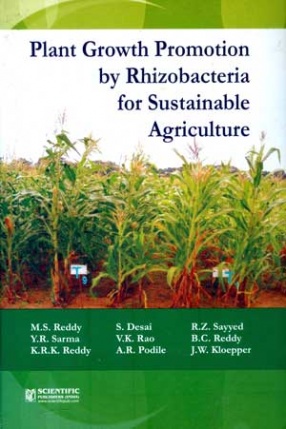Today, many economically important agricultural, horticultural and ornamental crop plants are attacked by various soil borne and foliar diseases, resulting in billions of dollars in crop losses. Currently, the most widely used disease management strategy is the use of chemical fungicides. However, the use of these fungicides has encountered problems, such as development of resistance by pathogen to fungicides and rapid degradation of the chemicals. Other factors leading to increased interest in alternatives include the increasing cost of soil fumigation, lack of suitable replacements for methyl bromide and public concerns over exposure to fungicides. Both the agriculture and agri-food sector are now expected to move toward environmentally sustainable development, while maintaining productivity. These concerns and expectations have led to renewed interest on the use of “biologically based pest management strategies”.
The green revolution of agriculture brought an enormous increase in food production. It not only made the world self sufficient in food but also gave the world’s scientists and farmers an immense amount of self-respect. Though the green revolution did increase food production, the productivity levels have remained low and increase was achieved at a cost of intensive use of water, fertilizer and other inputs which have caused problems of soil salinity, ground water pollution, nutrient imbalances, emergence of new pest and diseases and environmental degradation.






There are no reviews yet.